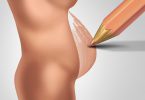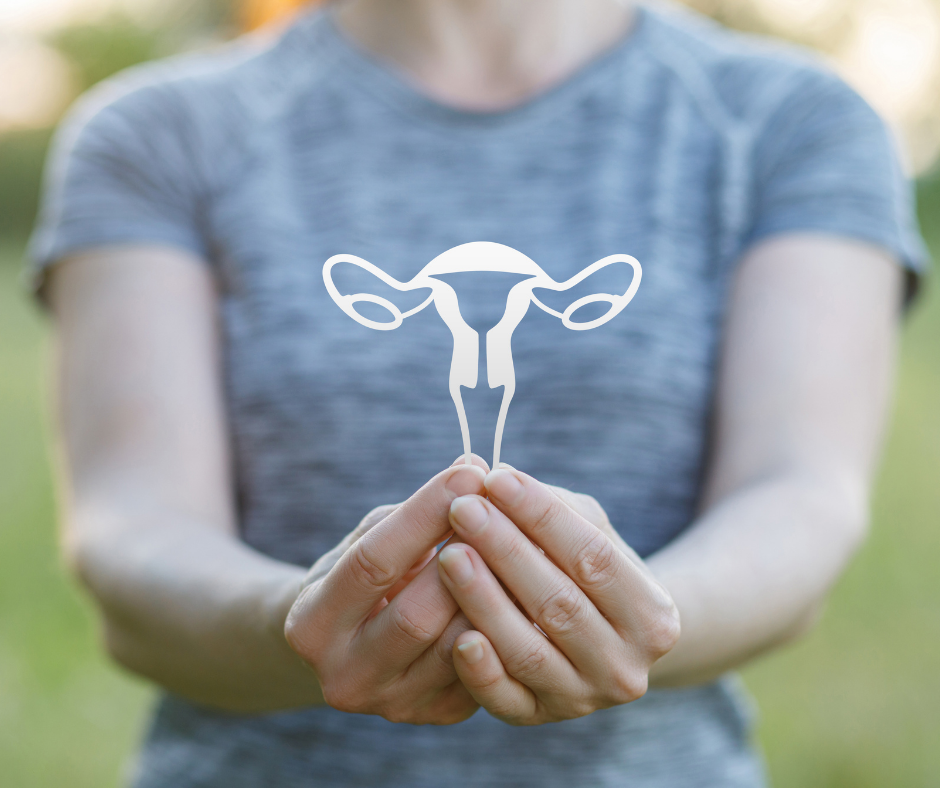Hardly any disease in gynecology responds as well to natural, nutritional treatment as polycystic ovary syndrome (PCOS).
A wholesome, balanced diet that specifically avoids blood sugar spikes is the first step in most cases, because the majority of patients suffer from insulin resistance, fuelling the hormonal imbalance in PCOS.
In addition to changes in dietary habits, targeted supplementation of certain micronutrients can bring significant improvements for many women.
Which supplements are helpful?
In general, any dietary supplement can only be support from within, but can never replace the aforementioned change in eating habits.
When selecting suitable dietary supplements, it is advisable to pay attention to quality. When choosing, I recommend paying attention to the country of manufacture of a product. Within the EU, quality standards are usually quite high, but this is not always the case in other parts of the world. Another criterion can be the packaging, as this can allow conclusions to be drawn about the shelf life of active ingredients: powders usually have the shortest shelf life. Canned capsules have the second longest shelf life, and blistered capsules have the longest shelf life. The latter are simply best protected from harmful external influences during storage due to the multiple packaging. The question of form is also interesting because it is closely related to how many additives are required for production. And one thing is clear: less is more 😉. In general, manufacturing capsules requires far less food additives than pressed tablets. Therefore, capsules are actually always preferable. (A tip for all those for whom capsules are often too big to swallow: Capsules consist of 2 halves that can be pulled apart just before consumption. The powder that is contained in them can then be consumed directly.)
Which supplements to support weight loss?
In PCOS, not only is the hormonal system out of balance, but at the same time the metabolism is running at a low speed.
PCOS patients usually notice this directly from their weight: they gain weight extremely easily and it is also particularly difficult for them to lose weight again once they have gained it.
Again, any dietary supplement cannot replace the actual weight loss program (sad but true, and anyone who claims otherwise wants your money 😉). Support, on the other hand, is truely possible: Studies show that in addition to a high-fiber diet, supplementing the micronutrients magnesium, carnitine and coenzyme Q10 can make a difference. All of these nutrients are effective boosters of your metabolism 😊
Supplements for PCOS patients with insulin resistance
70-80% of all obese patients with PCOS have insulin resistance. Unfortunately, it strengthens PCOS, and is a risk factor for later, more serious diseases. In PCOS, insulin cannot work properly because a messenger substance in the cell interior of the target cells, inositol, is not available in sufficient quantities or in the correct form.
It is therefore not surprising that many patients experience very good improvements with the natural nutritional component inositol. The best-known form is myo-inositol. Many experts swear by a combination of the two so-called iso-forms myo- and D-chiro-inositol.
Important to know if a woman also wants to have children: due to the influence on ovarian function, D-chiro-inositol should always be dosed much lower than myo-inositol.
The micronutrient chromium has been used for decades to treat insulin resistance. It proved beneficial especially in type 2 diabetics (who also struggle with insulin resistance).
Supplements for irregular or absent menstrual periods
One reason for irregular or even absent menstruation in PCOS patients is that the body produces an excessive amount of insulin and releases it into the bloodstream as a result of the insulin resistance mentioned above, in order to compensate for it. The problem: Insulin not only regulates blood sugar level, but also interferes with other hormone cycles. Among other things, this also affects hormones, which are important for the maturation of oocytes. The consequence is that oocytes do not mature as usual and ovulation does not take place regularly. This is visible in the ultrasound when the doctor finds many (=poly) immature egg cells (=cysts). They even give the disease its name. The solution, therefore, lies in reducing insulin resistance. Make a conscious effort to eat a diet that avoids spikes in blood sugar and use inositols and chromium to support insulin sensitivity.
For increased androgen levels due to silent inflammation
Silent inflammation is actually a chronic activation of the immune system. It can mess up hormone production and stimulate the ovaries to produce androgens. For many women with PCOS, they play a very important role. It is helpful to identify and rule out possible triggers. This can be, for example, food intolerance or incorrect colonization in the intestine. The dietary supplements omega-3 and zinc can help to gently and naturally relieve inflammation from within.
For skin and hair problems
Since the problems with skin and hair in PCOS essentially come from the hormonal imbalance on the inside, the solution here also lies on the inside: a restoration of the hormonal balance. Supplementing with inositol (see above) is a great first step for many women. You can also support skin and hair with the nutrients zinc and biotin. Both are important for the structure of skin and hair.
Mental health
Many PCOS patients not only suffer from the physical consequences of the disease, but also have an increased risk of tiredness, fatigue and depression. Again, one reason is the hormonal imbalance. You can be gently support it as described above. We also know that vitamins from the B complex are very important for mental health. This is why this is another possibility for natural support from within.
Vitamin D
Many studies have shown that an insufficient supply of vitamin D may be associated with increased symptoms of PCOS. Exactly why is not really clear. However, it is not entirely surprising, given that new areas in which vitamin D plays an important role in the body are being identified almost every day.
According to a Consumption Study in Germany, over 80% of the population do not have an adequate supply of vitamin D. Have your vitamin D status checked from time to time (especially at the end of winter) and supplement vitamin D if necessary. Some patients also do this preventively in winter and have very good experience with this procedure.
If you want children
Like any other woman who wants to have children, you should definitely supplement folic acid. The health organizations of most countries recommend at least 400 µg per day. Large studies have found that folic acid greatly reduces the risk of severe malformations in children. These arise at the very beginning of pregnancy. This is why replenished folic acid stores are important from the moment you start to plan for pregnancy. Good to know: if you have been using the pill as a contraceptive, you usually have particularly low folic acid stores, because the pill drains the body of folic acid. It would therefore be ideal if you started taking folic acid supplements about eight weeks before you stopped using contraception.
Obviously, natural conception can only happen if an ovum has ovulated. Therefore, the first step is to restore cycles and ovulation with proper nutrition and inositol support. Particularly important: use significantly more myo- than D-chiro-inositol. In nature, in the follicle, for example, the ratio of the two is 100:1. You can also support oocyte quality from within by counteracting oxidative stress. According to studies, it occurs more frequently with PCOS and can damage oocyte quality. In addition to the antioxidants vitamins C & E, the somewhat less well-known but very effective antioxidant NAC was examined in many studies.
Product tip: you will find all of the nutrients mentioned combined in the Fertilovit triple action formula, which is made in Germany and developed in cooperation with fertility experts.







